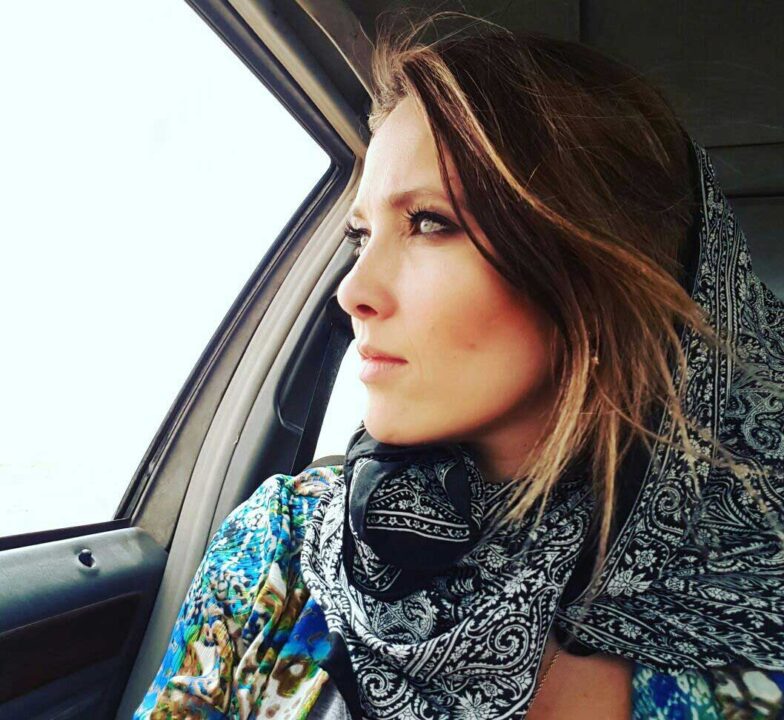When we talk about climate justice, the first thing that comes to mind is the plight of small island states, which contribute little to global warming but suffer its worst impacts. Or perhaps we think of climate-vulnerable countries like Pakistan, where millions are at risk of displacement due to severe floods. But with the latest instalment of the UN climate talks underway in Marrakesh, don’t forget about the people of Western Sahara right next door.
Morocco has become a key player in international climate politics after assuming the Presidency of this year’s UN climate conference, known as COP22. It is troubling and ironic that such an important responsibility has been entrusted to a country that has repeatedly demonstrated its profound contempt for international law and the United Nations, and that remains a brutal occupying power.
Lest anyone involved in international climate politics – journalists, diplomats, or civil society actors – forget: despite an opinion from the International Court of Justice in 1975 that Morocco has no valid claim to the territory of Western Sahara, Morocco has been illegally occupying the territory, located south of its southern border, for forty years. And in case anyone missed the news: when last year the UN Secretary-General had the temerity to refer to Morocco’s occupation as “an occupation”, Morocco responded, first, with massive street protests denouncing the Secretary-General (that were attended by Moroccan government officials), and subsequently by expelling all civilian personnel from MINURSO, the UN’s peacekeeping mission in the territory. As the Secretary-General made clear, Morocco’s behaviour carries a serious risk of reigniting war in the region.
The history of the Western Sahara occupation is complex, but a good place to start is with “MINURSO” itself. The name stands for (in English) “the United Nations Mission for the Referendum in Western Sahara.” The referendum in question was promised to the indigenous Saharawi people of Western Sahara in 1991, as part of a UN-brokered ceasefire that ended the war that they had fought with Morocco since its invasion in 1975 (after Spain, the prior colonial power, withdrew). In line with clear international norms for post-colonial transitions, the referendum will give the Saharawi people the option to become an independent nation. They remain the only former colony in Africa that has not been granted this fundamental right, and the African Union has repeatedly called on the UN to set a date for the referendum to occur. The Saharawi Republic is a full and founding member of the African Union, while Morocco is the only country on the continent which is not a member.
Since 1991, Saharawi refugees in Saharan Algeria have been waiting, in some of the most inhospitable conditions imaginable, for the referendum to be held. They have foresworn armed struggle and placed their trust in the UN, and in international law, to resolve the issue. In response, Morocco has repeatedly prevented the referendum from being held, flooded the Western Sahara with Moroccan settlers, and engaged in widely documented human rights abuses against indigenous Saharawi in the occupied territory.
The people of Western Sahara are some of the most vulnerable in the world to climate change. Increasingly common extreme weather events amplify the hardship posed by already inhospitable conditions. Last year, severe floods devastated the adobe structures of the refugee camps, destroying homes and displacing some 25,000 people. Meanwhile, Morocco is fast positioning itself as a global green energy pioneer. This is an important and admirable goal, but the fact that Morocco is actively granting new oil exploration contracts for foreign corporations to illegally drill on- and off-shore in Western Sahara throws its true intentions into question.
Already, some of Morocco’s renewable energy development is taking place in Western Sahara. Energy generated in Western Sahara – without the consent of its people – is exported back to Morocco. The royal palace regulates Morocco’s energy market and receives significant energy contracts in the occupied territory. This contravenes the UN’s legal opinion of 2002, which asserted that exploration and exploitation activities of the natural resources of Western Sahara could only be carried out in accordance with the interests and wishes of the people of Western Sahara. Morocco has not consulted the people of Western Sahara on its green energy projects in their territory, nor will the people of Western Sahara be the ones profiting from them. Quite simply: Morocco’s actions violate international law. Left unchecked, this will further entrench the occupation and damage the peace process.
The Saharawi have no interest in disrupting the essential and urgent international cooperation that is needed to deal with the climate crisis. But it is imperative that everyone involved in international climate politics understands that no country is less deserving of the honour and responsibility of guiding these crucial talks than Morocco: a country that has unilaterally expelled UN peacekeeping staff and repeatedly refused to abide by UN Security Council resolutions.
At COP22 in Marrakesh, the international community must not allow Morocco to sweep the injustices of Western Sahara under the rug. Responsible countries, journalists and members of civil society can use this opportunity to send the message that it does not condone Morocco’s behaviour. Only in the face of strong international pressure will Morocco begin acting as a responsible international partner with the UN. For a start by agreeing to return to direct negotiations with the Frente Polisario, the internationally recognized representative of the Saharawi people, towards holding a referendum as soon as possible.
“As a climate activist, I’ve dedicated much of my life to the pursuit of a safe climate future for the world. The fight against climate change is the most important challenge of our time, but it must not be used as a smokescreen to mask injustices perpetrated against some of the world’s most marginalized people.”
Catherine Constantinides, International Climate Activist and Humanitarian
@ChangeAgentSA







